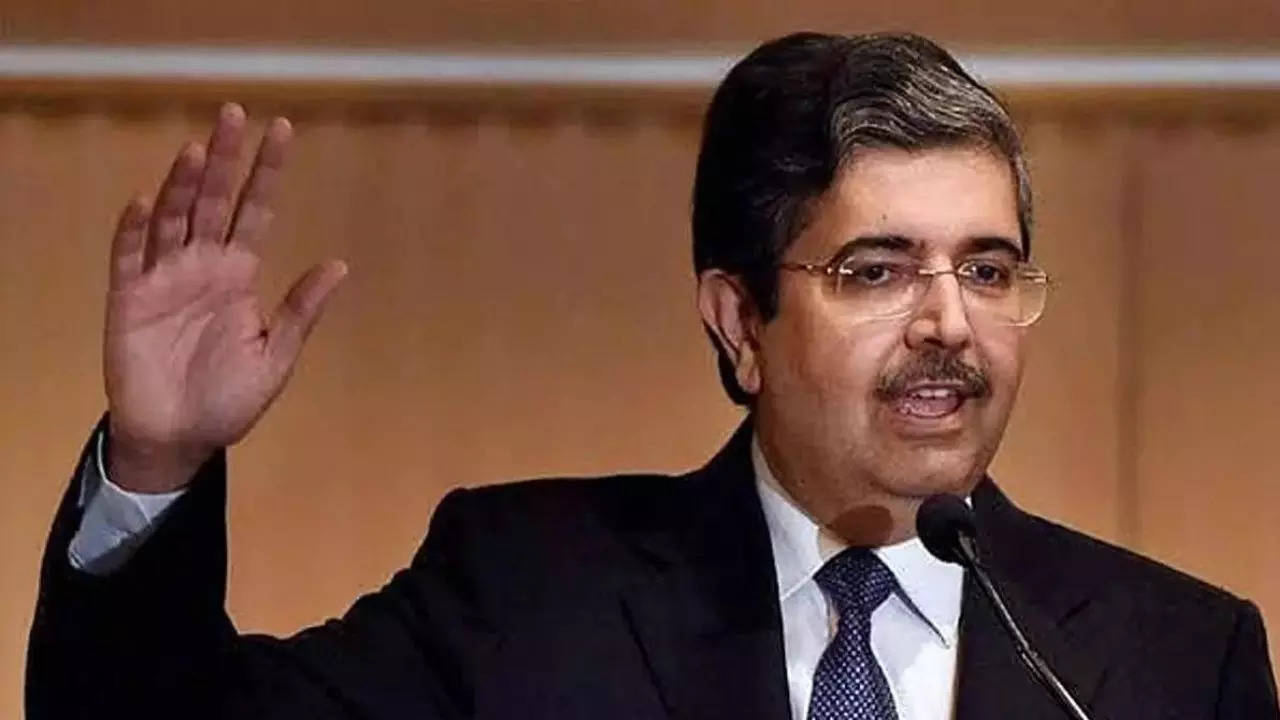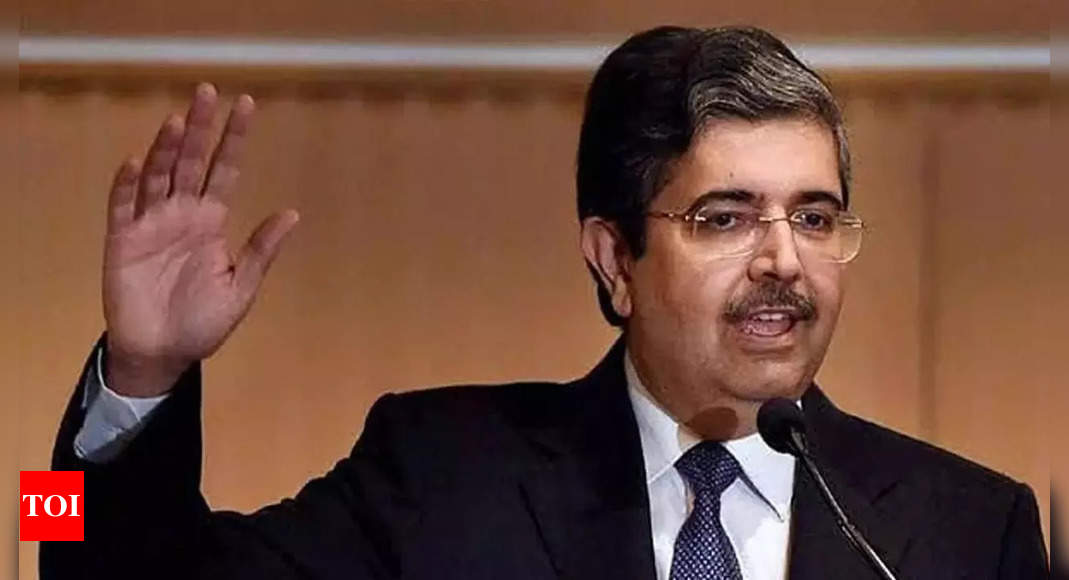
The Reserve Bank of India has conveyed its view to board members of Kotak Mahindra Bank and Asia’s richest financier, they said, asking not to be named, as the communication is private. The regulator is also reviewing whether stakes the banking group holds in two wholly-owned insurance units pose any risks to the firm’s stability, the people said.
India has tightened rules limiting bank CEOs’ tenure to a maximum of 15 years and has been reviewing the stakes that banks hold in insurers in order to strengthen the nation’s financial system. RBI had said in 2021 that the outgoing head should take a three-year cooling period and shall not be “appointed or associated with the bank or its group entities in any capacity, either directly or indirectly,” to ensure there is a clean break for the outgoing head from the bank.
There has been no “communication, formal or informal, from RBI to the bank or its board members on CEO succession,” a spokesperson for Kotak Mahindra Bank said in an email after the story was published. The bank had previously declined to comment on the CEO succession.
“Current holdings of Kotak in its insurance companies are as per the extant regulatory prescriptions and processes,” according to the spokesperson. An RBI spokesperson didn’t respond to emails seeking comments.
Shares of the Mumbai-based bank fell 1.2%, while the benchmark S&P BSE Sensex Index rose 0.3% as of 12 p.m. in Mumbai trading. Year-to-date the stock has risen 1.5%, compared with a 9% jump in the 30-stock index.
An outsider coming in as CEO might be “a slight negative and adds uncertainty around management changes,” Jefferies Financial Group Inc. analysts Vinayak Agarwal and Prakhar Sharma said in a note to clients on Monday. By the end of August, “the bank is expected to suggest at least three names in the order of preference, of which the RBI will approve one for appointment,” according to the note.
The financier had engaged consulting firm Egon Zehnder to lead a global search for a CEO and its top executives Shanti Ekambaram and KVS. Manian were the internal candidates for the job, Bloomberg News reported earlier this year. The RBI has a final say on appointing heads of the nation’s lenders though the bank’s boards decide on the shortlist of candidates.
Insurance Units
Kotak Mahindra’s holdings in units — Kotak Mahindra Life Insurance Co. and Kotak Mahindra General Insurance Co. — are also under review as the central bank assesses the banks’ stakes in insurance companies, the people said. It is the only major bank in the country with fully-owned insurance subsidiaries.
While Kotak Mahindra had been working with advisers, including Morgan Stanley, to pare its stakes in the insurers for several months, no transactions have been finalized as of now, people familiar with the information said. A spokesperson for Morgan Stanley declined to comment.
In the past, Kotak had challenged the RBI in court to retain his stake in the lender at a level above the regulator’s threshold. The bank had then argued that the central bank wasn’t empowered to dictate founders’ shareholdings as RBI sought to separate management and ownership functions at lenders to improve corporate governance.
Kotak has a net worth of about $14.5 billion, most of which comes from his 26% stake in the bank, according to the Bloomberg Billionaires Index. He has led the bank since it was converted into a lender in 2003 from a non-banking finance company.
Source link

